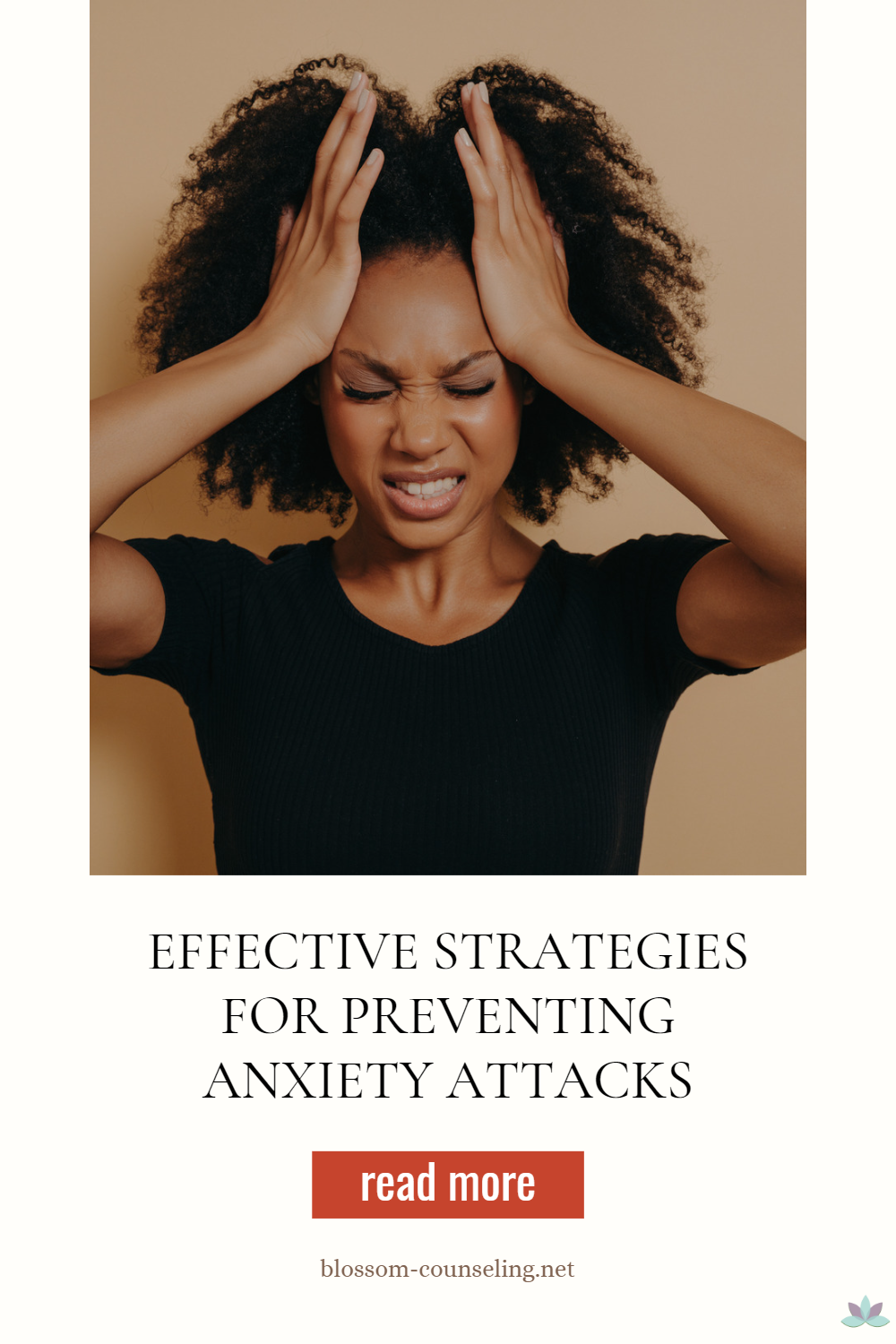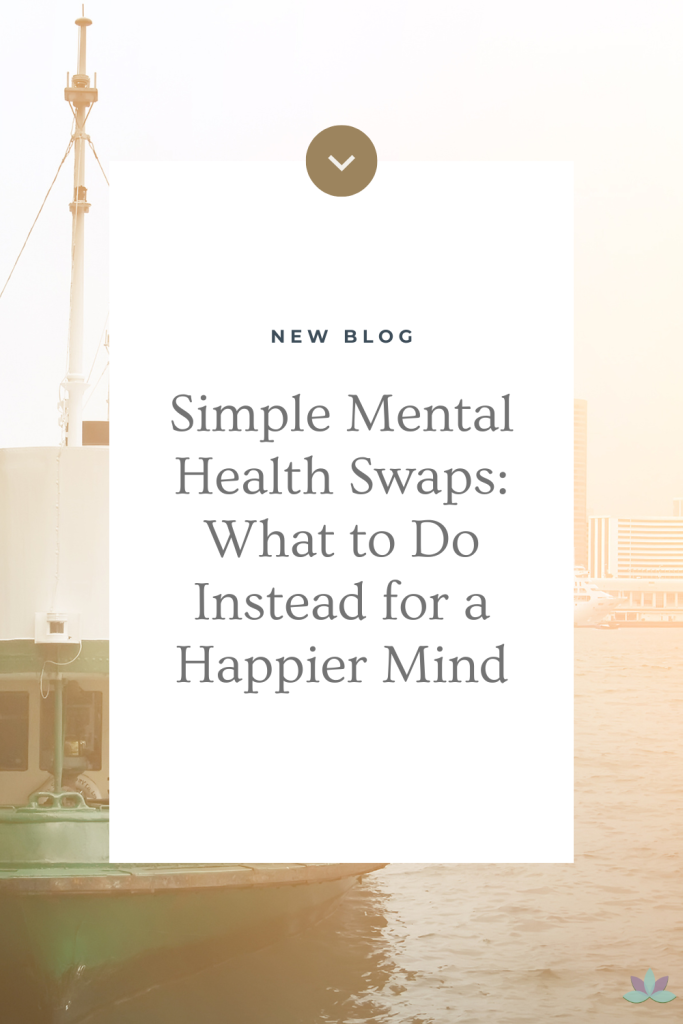
Anxiety is a common mental health issue that affects millions of people worldwide. If you are one of those people who experience anxiety, then you know how overwhelming it can be. Anxiety can cause feelings of fear, worry, and panic, which can lead to an anxiety attack. Anxiety attacks can be debilitating and scary, but there are ways to prevent them. Let’s look at three effective strategies to prevent an anxiety attack.
1. Deep Breathing:
Deep breathing is a simple yet effective technique that can help prevent an anxiety attack. When you experience anxiety, your body goes into the “fight or flight” response, which can make you feel like you are not getting enough air. Deep breathing can help you relax, reduce stress, and lower your heart rate. This technique involves taking slow, deep breaths through your nose, holding your breath for a few seconds, and exhaling slowly through your mouth. Deep breathing can be practiced anytime and anywhere, and it only takes a few minutes. If you start to feel anxious, take a few deep breaths and focus on your breath. You can even combine deep breathing with visualization by imagining a calm and peaceful place.
2. Exercise Regularly:
Exercise is a great way to prevent an anxiety attack. When you exercise, your body releases endorphins, which are natural mood-boosters. Endorphins can help reduce stress, improve your mood, and promote better sleep. Exercise can also help you build resilience to stress, making it easier to cope with anxiety. You don’t have to do intense workouts to benefit from exercise. Even a short walk or yoga session can help you feel better. Find an exercise routine that works for you and stick with it. Consistency is key when it comes to exercise and managing anxiety.
3. Practice Mindfulness:
Mindfulness is a technique that involves focusing on the present moment without judgment. It can help you reduce stress, improve your mood, and prevent an anxiety attack. When you practice mindfulness, you learn to become more aware of your thoughts and emotions, which can help you manage them better. Mindfulness can be practiced in many ways, such as meditation, deep breathing, or simply paying attention to your surroundings. You can start by setting aside a few minutes each day to practice mindfulness. There are many apps and resources available to help you get started. Remember, practicing mindfulness takes time, so be patient with yourself.
Anxiety attacks can be scary, but there are ways to prevent them. Deep breathing, regular exercise, and mindfulness are three effective strategies that can help you manage anxiety and prevent an anxiety attack. These techniques are simple, easy to practice, and can be done anywhere. If you are struggling with anxiety, talk to a mental health professional for support and guidance. Remember, you are not alone, and help is available. Anxiety can be managed, and with the right tools and support, you can take control of your mental health.
|
|
Our team of compassionate therapists is here to help you find the support you need. We believe in a holistic approach, treating your mind, body, and spirit. With a blend of traditional and alternative therapies, we tailor your experience to meet your unique needs. At Blossom, we create a non-judgmental space where you can be your authentic self. Our goal is to empower you, amplify your strengths, and help you create lasting change. Together, we’ll navigate life’s challenges and help you bloom, grow, blossom! You deserve to become the best version of you.




